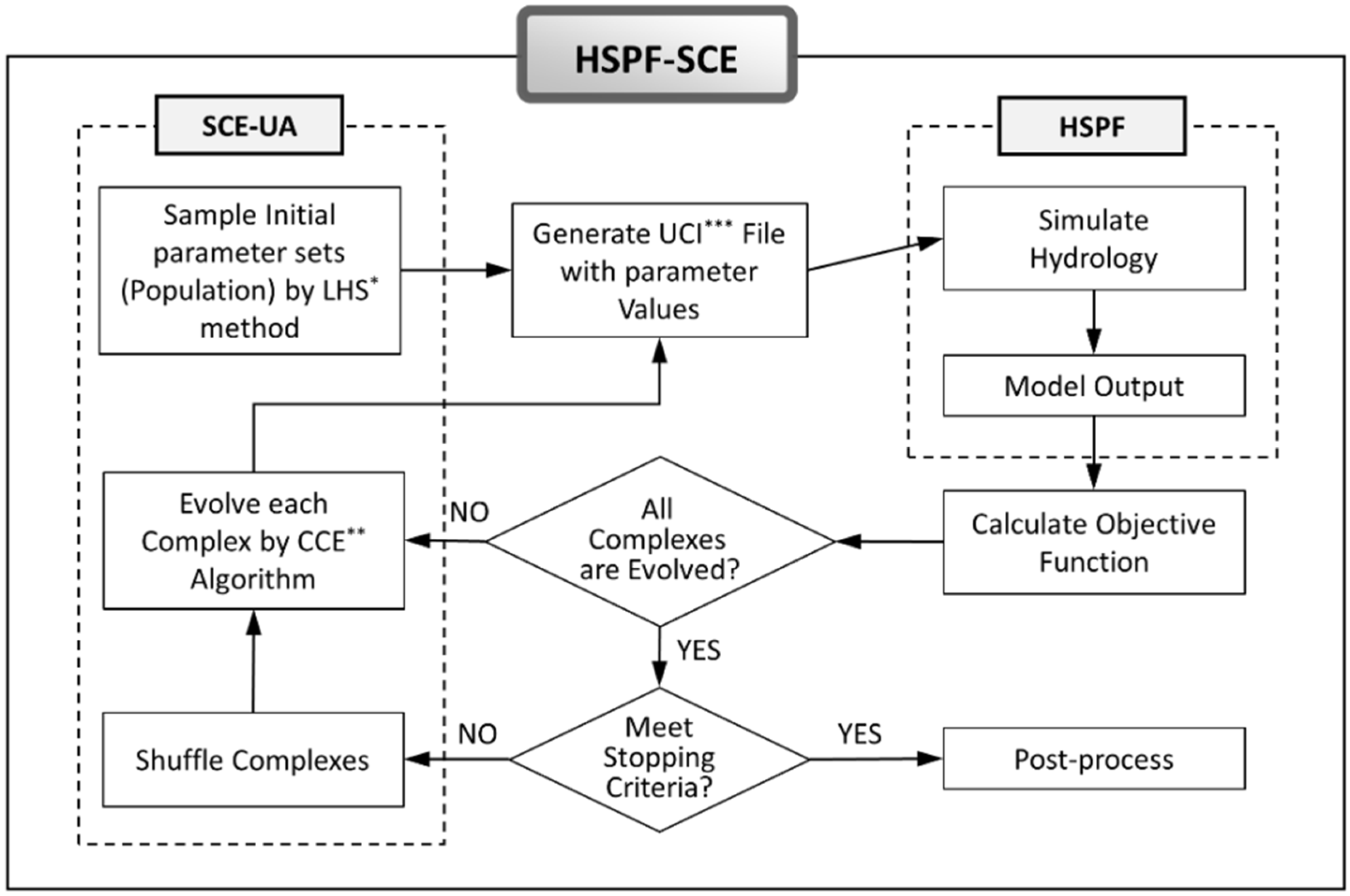Latin Hypercube Sampling Software For Logic
Latin Hypercube Sampling How Latin Hypercube compares to standard random sampling Latin Hypercube Sampling (LHS) is a method of sampling random numbers that attempts to distribute samples evenly over the sample space. A simple example: imagine you are generating exactly two samples from a normal distribution, with a mean of 0. Although the probability of being positive or negative is equal, a true random number generator might return two samples less than 0, or two samples greater than 0. LHS will always return one sample less than 0 and one sample greater than 0. For two samples, it will divide the sample space in two, and generate one sample from each side.

Fluid App Keygen Download. 'A User's Guide to Sandia's Latin Hypercube Sampling Software: LHS UNIX Library Standalone Version, Sandia Technical Report SAND2004-2439, July 2004. Digital inverter, 1818-1820 dynamic CMOS logic gates, 1827-1829 nMOS logic gates, 1820-1822 static CMOS logic gates, 1824-1827 Metal-semiconductor. 931-932 Monotonicity, 1993-1994 Monte Carlo analysis and simulation APLAC program, 1060 ion implantation, 1425 Latin hypercube sampling, 1254—1255.
In practice, this can be used to generate 'better' simulation results, with lower standard error levels, with fewer trials. For complex models with many random variables, this means you can generate results in less time. Visual Example The charts below are sampling from a normal distribution.